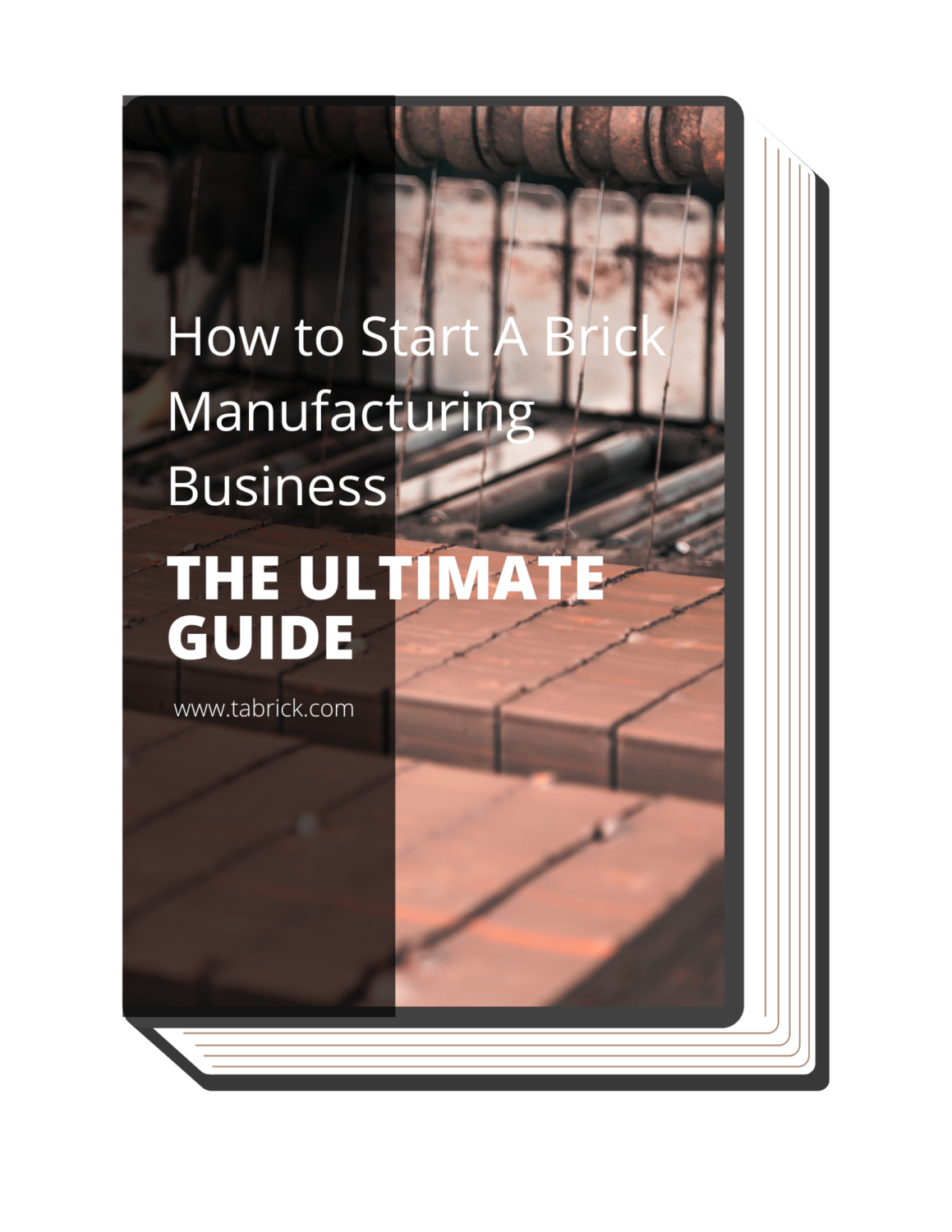#1 Quality
According to KM International, a quality machine is safer, has reliable components, is stronger, and is easier to use. A high-quality machine will produce consistent, high-quality bricks and will be more reliable and long-lasting. It’s important to note that machines manufactured by renowned brands, such as Tabrick, typically come with a reputation for quality.
#2 Price
The cost of machine is a significant consideration and can range from $300 to $20,000, depending on the machine’s capacity and capabilities. For example, smaller scale machines for personal projects will likely fall on the lower end of this range. However, it’s essential to remember that a higher price can often equate to higher quality and reliability.
#3 Production Capacity
Tulip Interfaces says that it is the number of products a company can make with the machines it has over a certain amount of time. When considering machines, it’s a must to assess the production capacity of the machine to ensure it meets your current and future demand for bricks. Consider factors such as the number of bricks produced per hour and the machine’s ability to operate efficiently during continuous production.
#4 After-Sales Service
Choose a manufacturer that offers reliable after-sales support for machines. This includes training, maintenance, and spare parts availability. A strong support system will minimize downtime and help you get the most out of your investment. For instance, manufacturers should address any factory defects and extend robust after-sales service.
#5 Ease of Operation
Have you ever wondered why is it important? It is important to evaluate the user-friendliness of the machine, making sure it can be operated and maintained with relative ease. Ensure that the machine comes with a clear and comprehensive manual, as well as any necessary training for operators.




